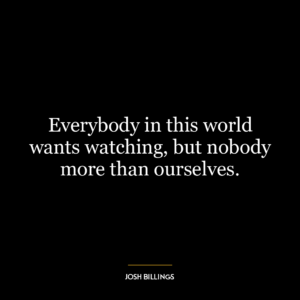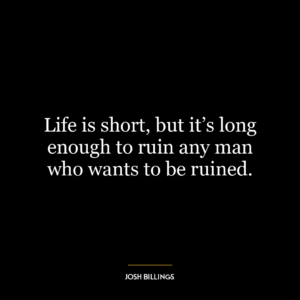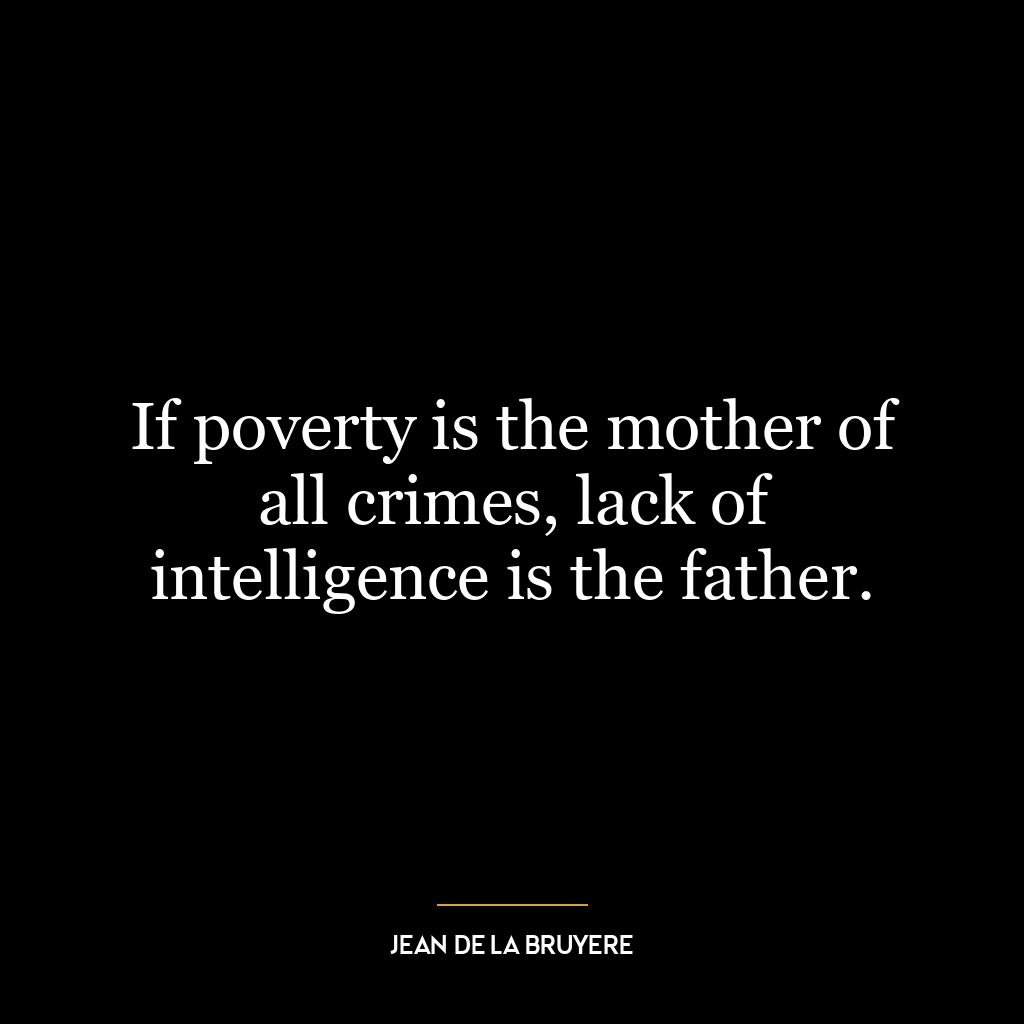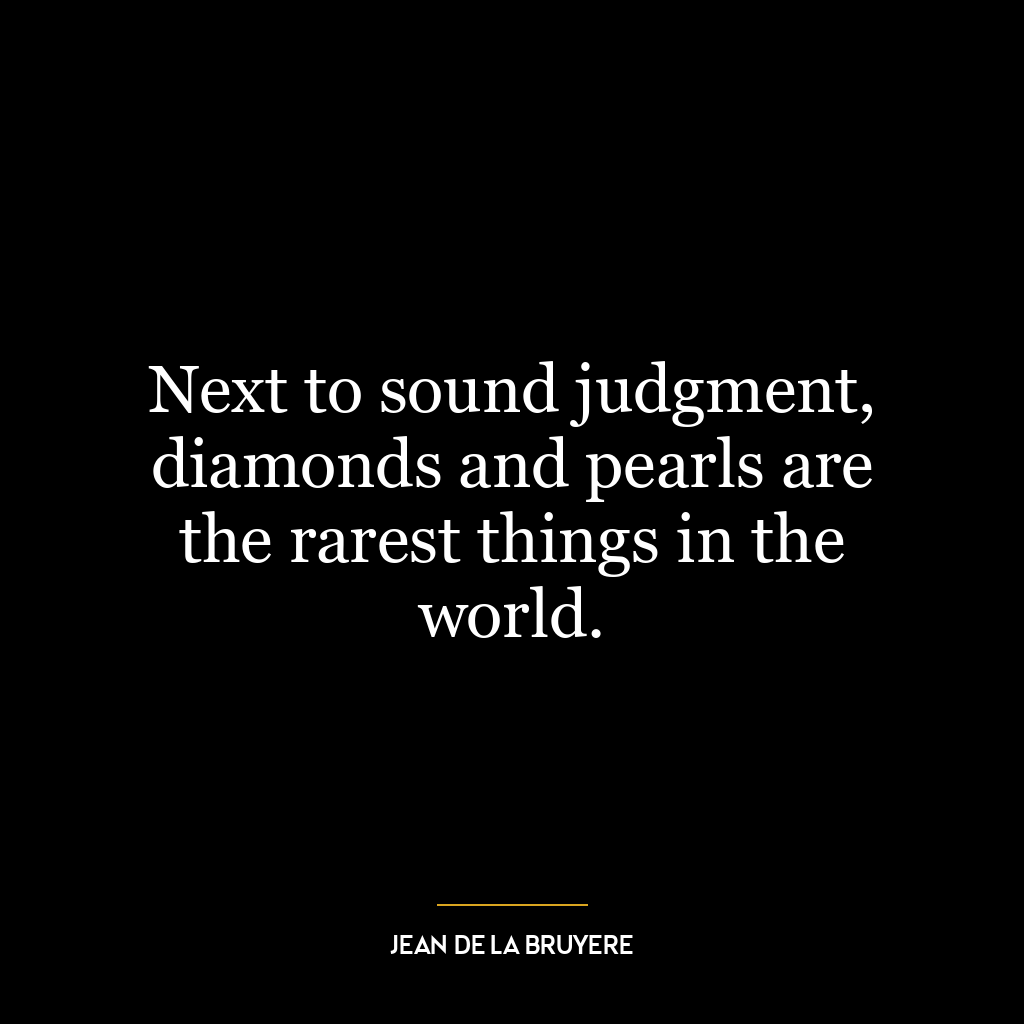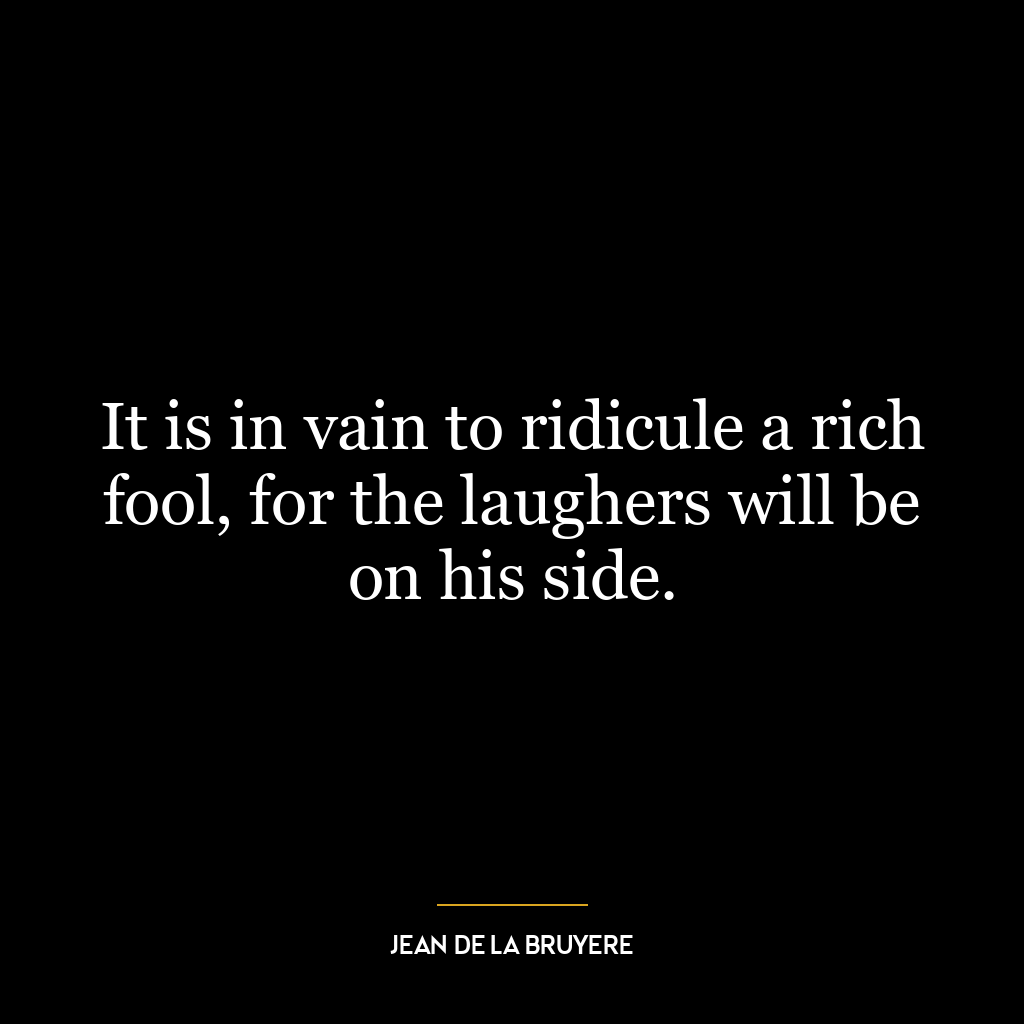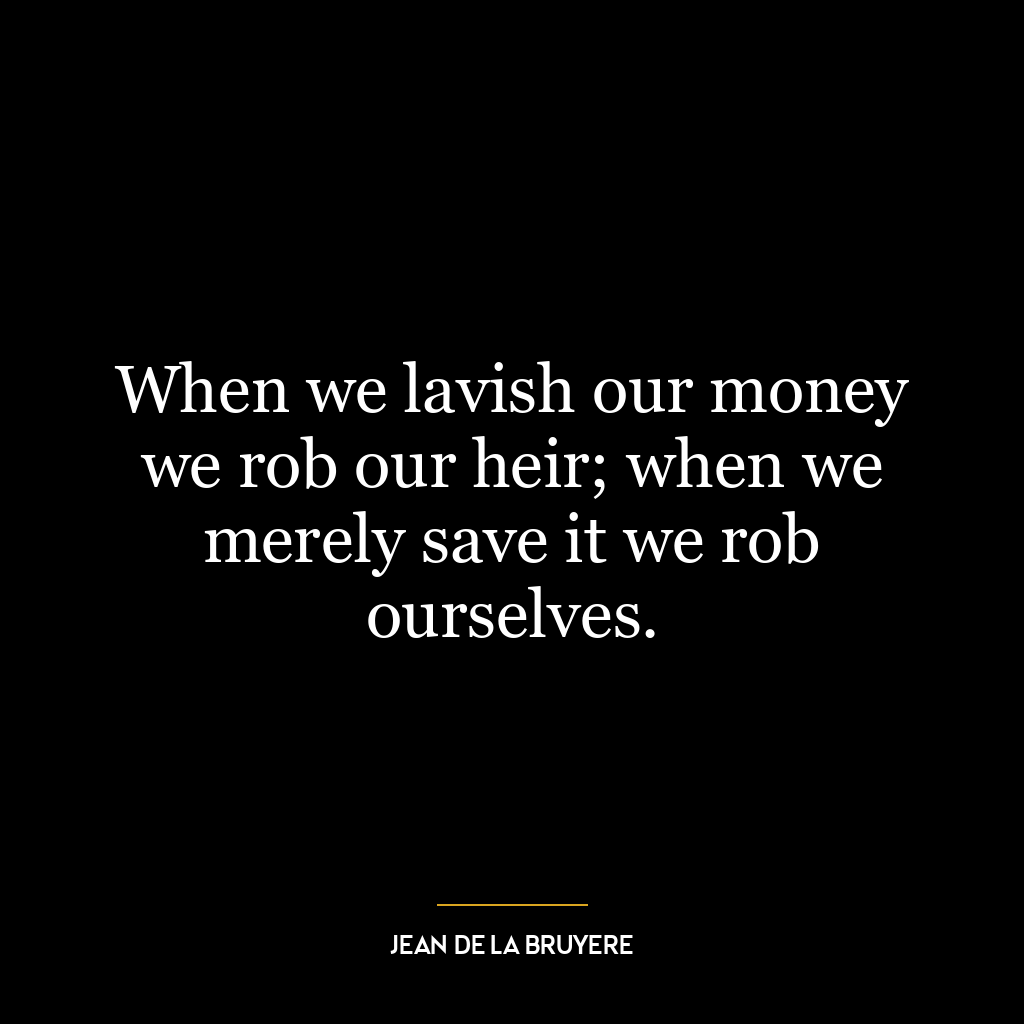This quote suggests a balanced approach to wealth, where one is neither excessively rich nor extremely poor. Being too rich can lead to envy from others, which can result in social isolation, mistrust, and even danger. On the other hand, being too poor can lead to a life of hardship, deprivation, and societal condemnation.
The quote proposes a middle ground where one has enough to meet their needs and enjoy comforts, but not so much that it attracts negative attention or creates an imbalance in relationships. This balance is seen as the optimal condition because it allows for personal satisfaction and social harmony.
Applying this idea in today’s world, we often see that extreme wealth can lead to unnecessary complications. For instance, it can distance people from reality, make relationships superficial, and even lead to mental health issues due to the constant pressure and scrutiny. Conversely, extreme poverty can result in a lack of basic human rights, social exclusion, and a constant struggle for survival.
In terms of personal development, this quote can be seen as advocating for a balanced approach to ambition and success. It suggests that one should aim for financial stability and comfort, but not be consumed by the pursuit of wealth for its own sake. This balance can lead to a more fulfilling, less stressful life, where one can focus on personal growth, relationships, and experiences rather than just material accumulation.
Moreover, this quote can also be interpreted as a call for social responsibility and equality. It implies that a society where wealth is more evenly distributed, where no one is excessively rich or extremely poor, is a healthier, happier society. This perspective is particularly relevant in today’s world, where wealth inequality is a major issue.





